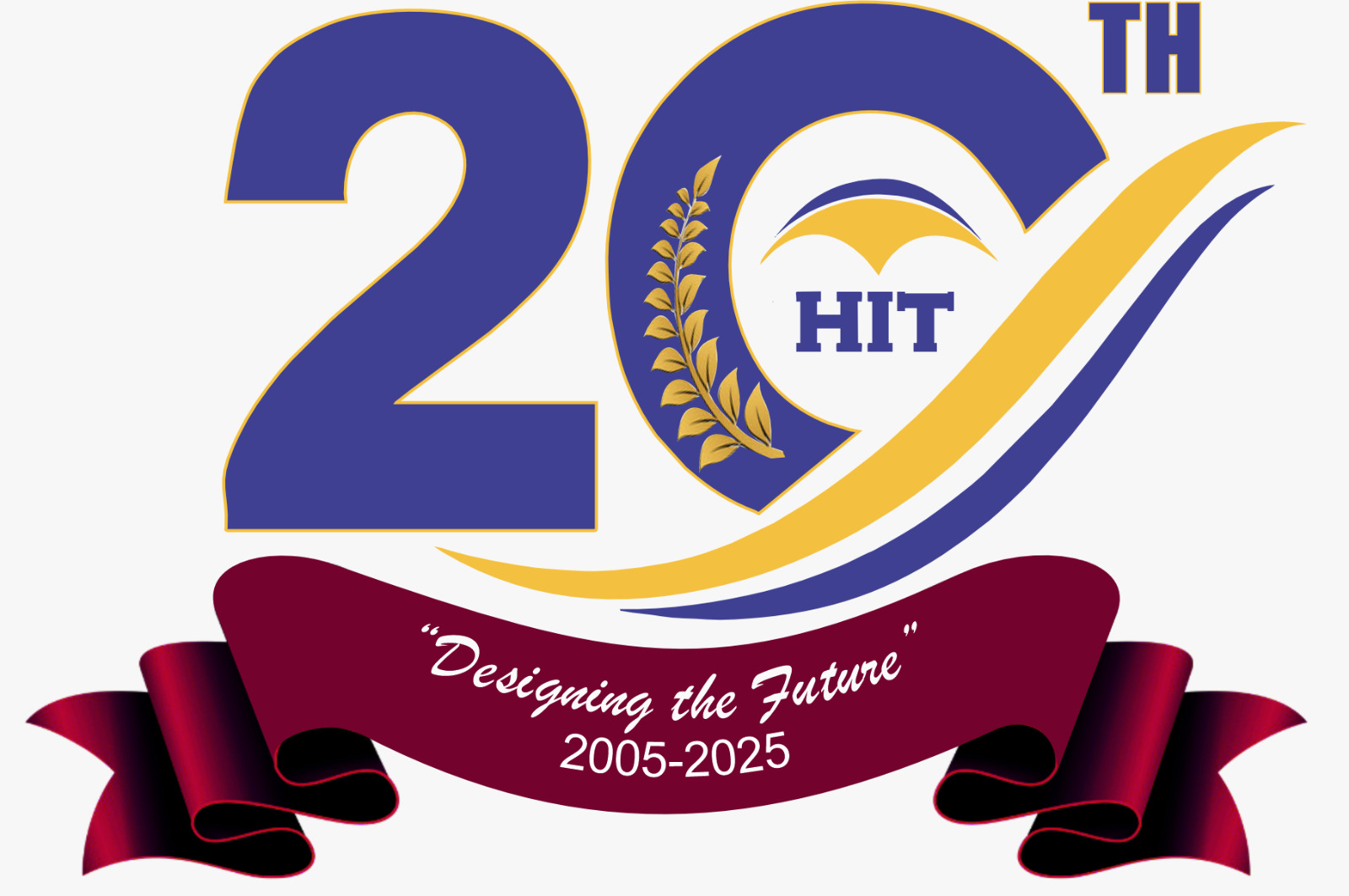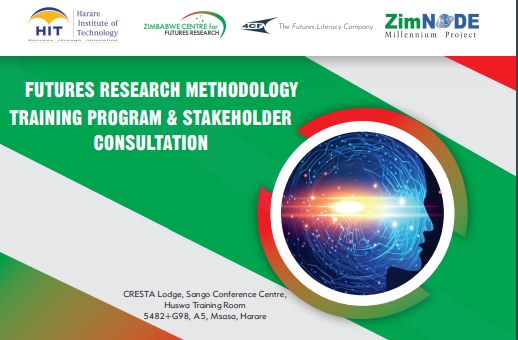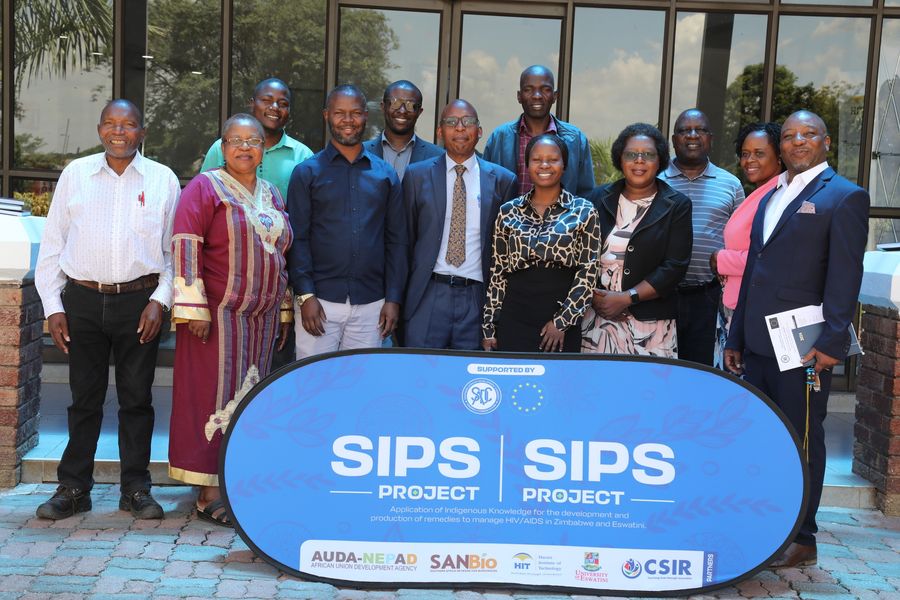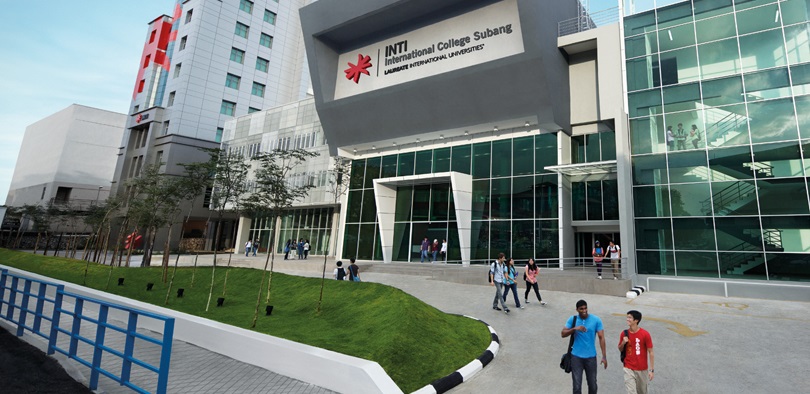The Zimbabwe Centre for Futures Research (ZICFR) in collaboration with Zimbabwe Node of The Millennium Project and the Poland Node of The Millennium Project launched the Zimbabwe Futures Week, a Futures Research Methodology Training Programme & Stakeholders Consultation for two postgraduate diplomas in Futures Research Methodology was held at the Cresta Hotel from the 30th of January 30 to the 2nd of February 2023.
The Zimbabwe Node of The Millennium Project at the Harare Institute of Technology launched the Zimbabwe Futures Week, a Futures Research Methodology training program & stakeholders consultation organized in collaboration with the Poland Node of The Millennium Project.
The workshop included many lessons and laboratories about Futures Research Methodology and concepts by members of the Millennium Project Nodes, such as Futures literacy and anticipation, Rip van Winkle Technique, Delphi (Maciej Jagaciak, Poland Node), Scenarios Building (Kacper Nosarzewski, Poland Node), Futures Wheel (Simbarashe Nhokovedzo, Zimbabwe Node), participatory methods (Mara Di Berardo, Italy Node), and the State of the Future Index (Elizabeth Florescu, Director of Research) will take place at the Harare institute of Technology.
The programme ends with a stakeholder consultation for two programmes namely, Post-Graduate Diploma in Strategic Foresight and Post-Graduate Diploma in Futures Research Methodology.
The Zimbabwe Centre for Futures Research (ZICFR) was established to respond to the growing need for foresight thinking amid increasing complexities and uncertainities in life that require methodical approaches to ensure a sustainable future for humanity.
According to ZICFR Director, Mr Simbarashe Nhokovedzo, the centre strives to stimulate future thinking, increase future preparedness by enlightening future oriented innovations, technologies and policies through the deployment of futurology.
“ZICFR is also set to become a hub of future(s) knowledge to shape Zimbabwe’s sustainable future. Its broad objectives include the introduction and growing the prominence of futures research in Zimbabwe’s education system, inculcating systematic future(s) thinking in technology development and deployment, corporate planning and policy formulation. It shall also prepare Zimbabwe for future opportunities and uncertainties through imaging the future by studying the possible, plausible, probable and preferable futures,” Mr Nhokovedzo said.
It is multidisciplinary and is expected to breathe a future focus across all schools and centres at HIT. This is achieved through the introduction of futures cutting across all departments, programmess and introducing new strands of research.
ZICFR priority areas include climate change, agriculture, technology, health, natural resources (minerals and ecology), energy, industry and trade, education and urbanisation.
The centre held its inaugural workshop on the 13th July 2022 to create awareness of its operations and activities as well as its formative strategic plan.
The Harare Institute of Technology established the Zimbabwe Centre for Futures Research (ZICFR) to respond to the growing need for foresight thinking amid increasing complexities and uncertainties in life that require methodical approaches to ensure a sustainable future for humanity.





